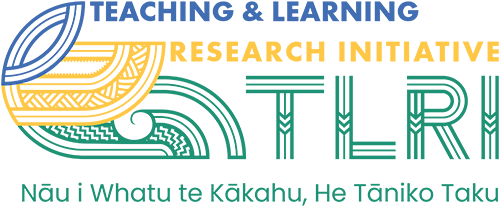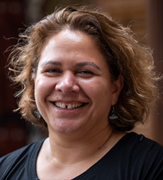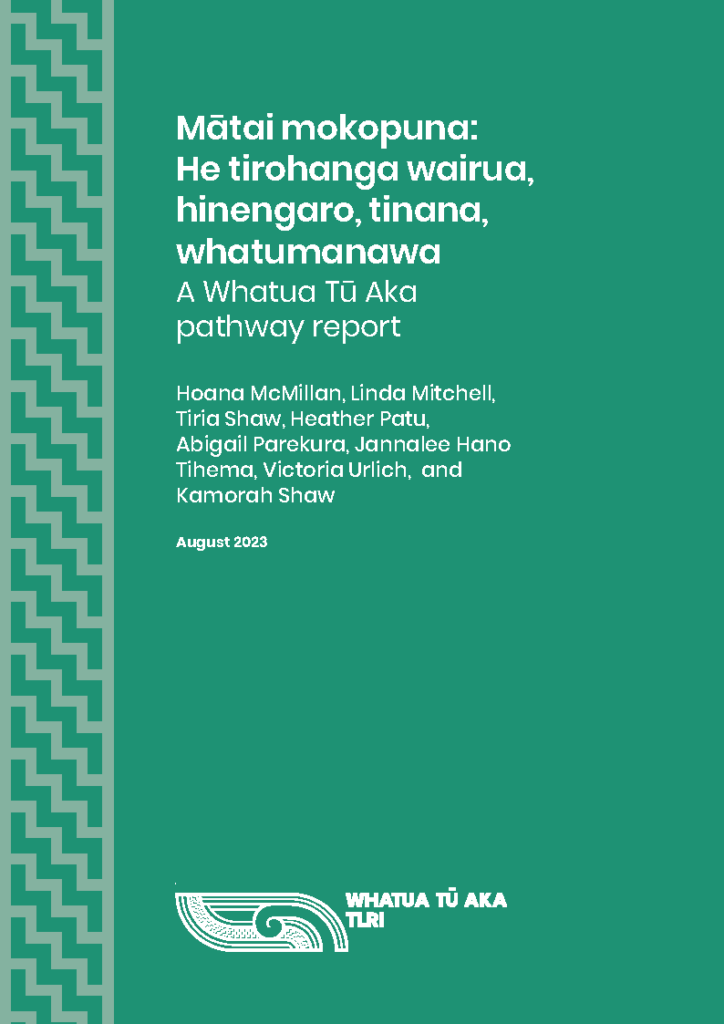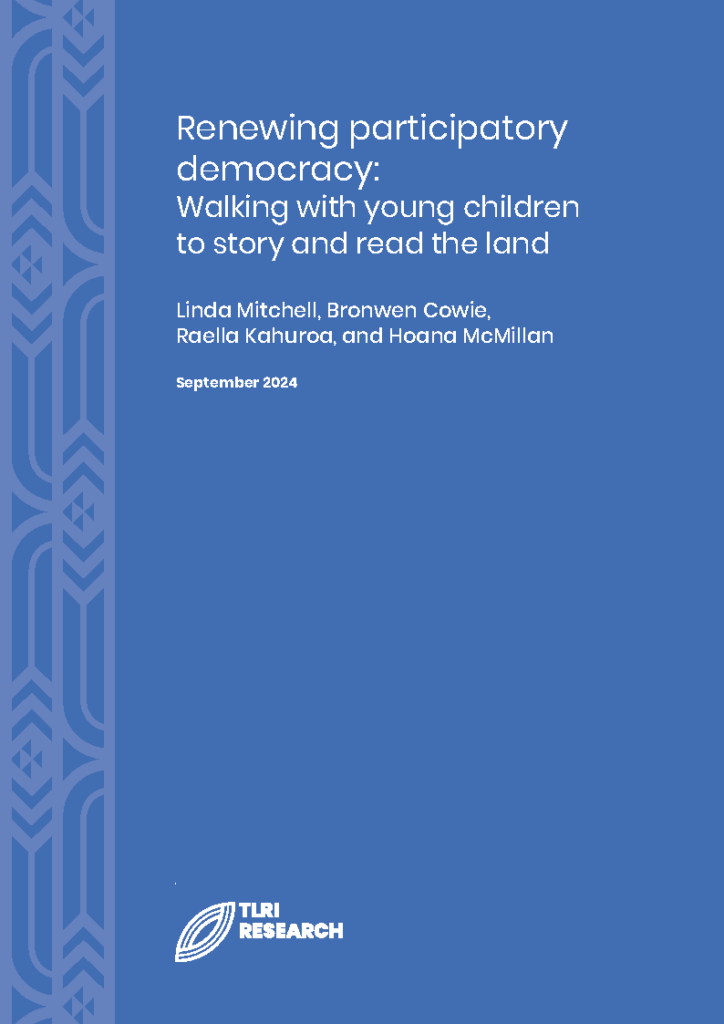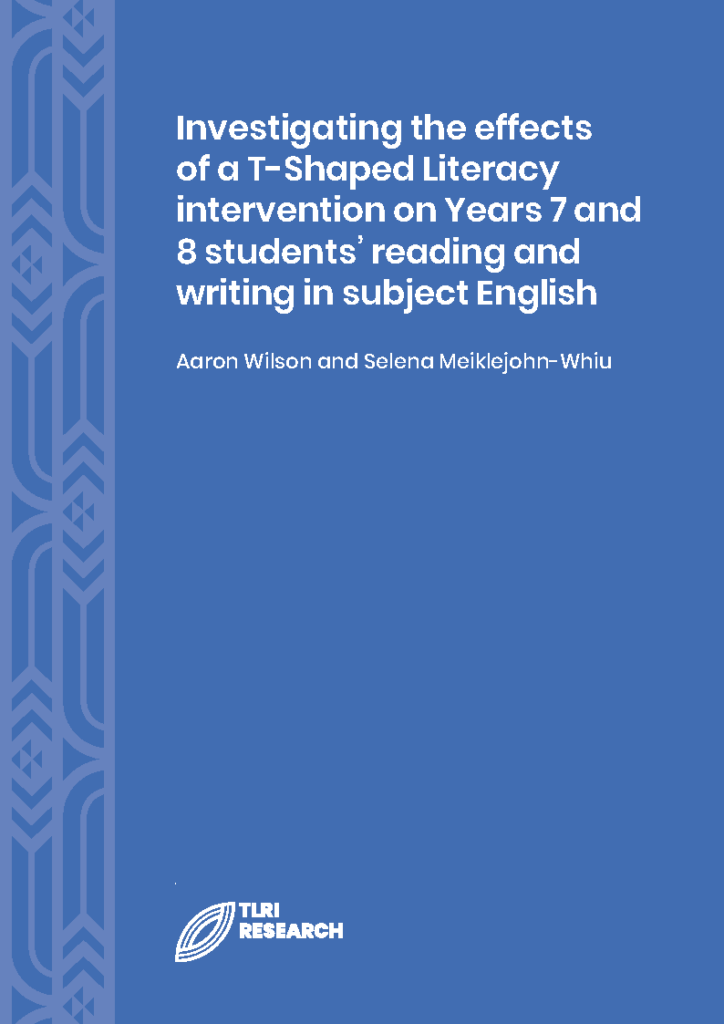Our partners:
We are working with three schools in Rotorua including Te Rangihakahaka: Centre for Science and Technology, Te Kura o Pukeroa Ōruawhata: Rotorua Primary School and Te Kura o Whangamarino under the collective Rangitāmiro. They are all participating in a science capability building professional development programme funded by Te Apārangi: The Royal Society who are also partners with this project.
Intro / Project description
This project focuses on examining kaiako Māori leadership alongside kaiako Māori and their school leadership through iwi focused perspectives. Specifically we are working within the rohe of Te Arawa with three primary schools with diverse profiles and histories. The research context is a professional development programme focused on the delivery of pūtaiao and mātauranga Māori in primary school settings.
Aims
We aim to examine processes that identify, kaiako qualities and strengths (who they are and what they bring to their role), knowledge and skills (what they know and their ability to put into practice). We also aim to extend on the NZCER Māori women leadership research and examine what support would be needed for Māori leaders in education environments. Therefore, our proposed contribution is to support a robust Māori teaching workforce through this project which aims to examine the overall research question – How do we identify kaiako Māori leadership and nurture their potential?
Why is this research important?
With one in three children projected to be Māori from 2040, it is important that we have a robust Māori teacher workforce in Aotearoa to ensure:
- a commitment to Te Tiriti o Waitangi is enacted within our schools and centres.
- te ao Māori (reo, tikanga, mātauranga) is valued and seen in all our learning environments for all learners.
- Māori students achieve academic success as Māori to meet their own needs and aspirations.
- Māori communities are a fundamental component of our education structures.
- To enable a more resilient Māori teacher workforce, it is imperative that teachers are equipped with the necessary skills to develop and hone leadership roles to navigate the challenges they experience.
What we plan to do
We will engage with and build upon existing kaupapa Māori leadership models and research, including a pan Māori framework, a wāhine Māori in leadership model and an iwi focused research project. The Tū Rangatira resource (Ministry of Education, 2010) sets out a framework for illustrating a range of leadership types, while Durie et al (2023) examine wāhine Māori leadership, and identifies types of leadership, roles, qualities, and practices and types of support needed. Ka Awatea: An iwi case study of Māori student success (Macfarlane et al., 2014) identified characteristics of Te Arawa tūpuna as models for Māori student success. Alongside kaiako Māori participants and school leadership, we aim to develop a model, framework or tools that examine and support kaiako Māori leadership through our chosen aspects of āhuatanga (characteristics), whakapono (beliefs) uara (values) pūkenga (skills), mātauranga (knowledge). Research tools include document analysis, reflective journals, surveys, interviews and focus group discussions.
